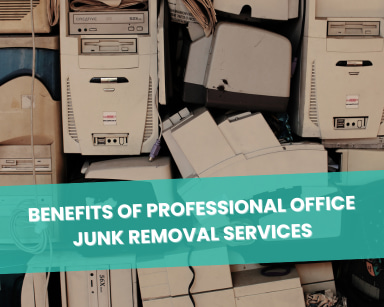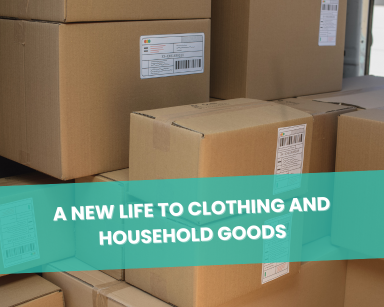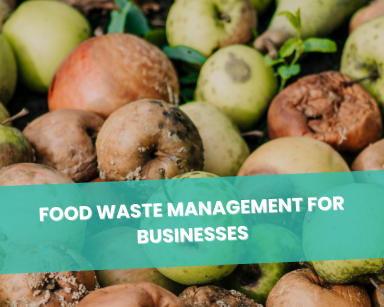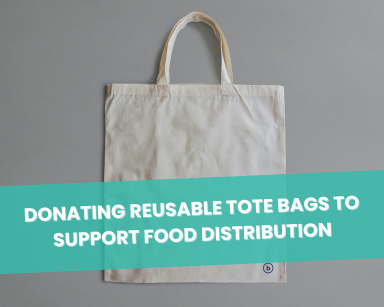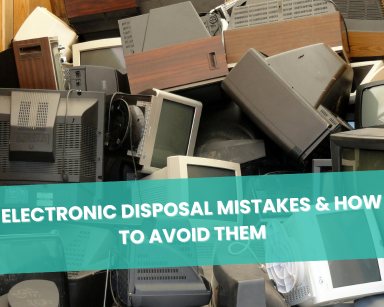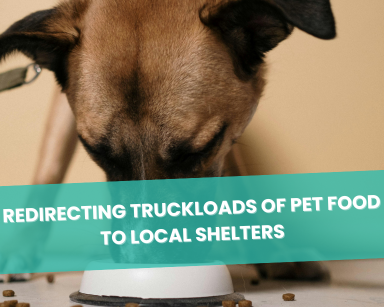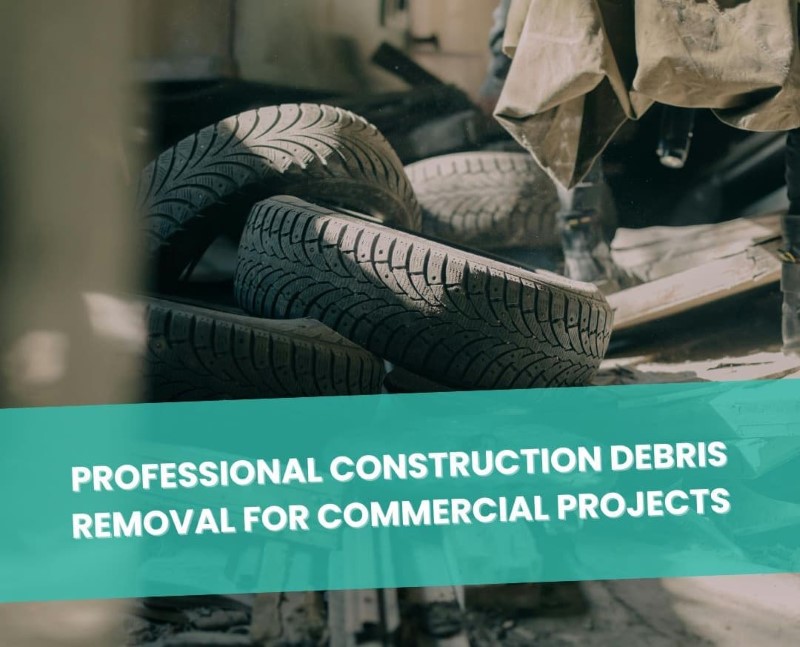What is Beneficial Use Determination (BUD) and what does it regulate?
Table of Contents
Understanding the Beneficial Use Determination (BUD) and its Role in Waste Management
The transformative regulatory mechanism known as Beneficial Use Determination has been a game-changer in waste management, offering a viable approach to transform discarded materials into precious resources. As a company committed to sustainable practices, we have embraced the principles of BUD, turning waste into a valuable asset.
Understanding the Beneficial Use Determination (BUD)
The Beneficial Use Determination is a critical regulatory framework that identifies certain waste types for beneficial re-use. The principal objective is to turn waste from a liability into an asset, driving a paradigm shift from disposal to utility. This not only helps the environment but also promotes operational efficiency and financial viability.
In the state of New York, BUD has showcased its potential for massive change. By creating new pathways in waste management, it has become instrumental in both ecological conservation and economic development.
Beneficial Reuse: A New Lease of Life for Waste
The cornerstone of Beneficial Use Determination transforms waste into an asset rather than a burden. The scope of this approach is wide-ranging, extending to various waste products – from clothing and office supplies to electronics and more – which can be recycled or repurposed.
Our recent report highlights the economic benefits of beneficial reuse:
- It provides opportunities for significant tax deductions.
- It proves to be more cost-effective than traditional waste management.
- It reduces the need for physical storage, freeing up valuable space.
The Journey from Waste to Energy
Beneficial Use Determination has revolutionized the concept of waste-to-energy conversion. By converting waste into biofuel, it has substantially reduced the mass of waste going to landfills. Even items traditionally hard to recycle can find use in this process, underlining the innovative potential of Beneficial Use Determination.
As part of our commitment to Beneficial Use Determination, our company supports the use of feedstock streams. This process transforms waste into energy-rich biofuel, reducing reliance on fossil fuels, and importantly, conserves water resources.
Taking the Initiative: The Social and Environmental Impact
The Beneficial Use Determination doesn’t just change business practices; it fosters social responsibility. By aligning with sustainable waste management, businesses can strengthen their bonds with local communities, demonstrating their commitment to environmental preservation.
Our company has significantly reduced water consumption and landfill waste. This underlines the environmental benefits of this approach and our dedication to sustainable practices.
A Broader Perspective Beyond Regulations
It isn’t just a regulatory process, it’s a philosophical shift in how we perceive waste. Instead of a problem to be disposed of, waste becomes an opportunity for impactful transformation. This perspective enables us to work towards a future where waste is not just managed, but strategically used for good.
Waste Liquidation: An Unseen Opportunity
While traditional waste management focuses on storage and disposal, this perspective sees the potential for liquidation. By removing the need to physically store waste, businesses can save valuable resources, utilizing their space and energy more effectively.
Community Engagement: The Social Benefits of BUD
Beneficial use isn’t just about business benefits. It’s also about building stronger relationships with communities. When businesses commit to responsible waste management, they also commit to the wellbeing of their communities. This dual advantage makes it a preferred choice for conscious businesses.
Beneficial Reuse: An Example to Follow
Let’s take a tangible example of beneficial reuse: the transformation of used batteries. Instead of discarding batteries, it allows us to extract valuable materials like nickel, cobalt, and lithium for use in new batteries, reducing the need for raw material extraction and decreasing the environmental impact.
Similarly, waste paint can be mixed and processed to create new paint, saving resources and reducing harmful environmental effects. These examples illustrate the untapped potential of waste, and they represent just the tip of the iceberg when it comes to BUD’s applications.
A Credible Industry Report
According to a report published by the Waste Management Association of New York in 2022, there has been a significant shift towards adopting Beneficial Use Determination strategies in waste management practices.
This report underlines that companies adopting Beneficial Use Determination showed a 30% decrease in the overall waste they sent to landfills over the year. At the same time, they have observed a 20% increase in the reuse of materials, highlighting the positive impact of the BUD strategies on their operations.
Furthermore, these companies have seen an average reduction of 15% in their waste management costs. By adopting such strategies, they’ve managed to transform waste into a beneficial resource, thereby saving on procurement of raw materials.
The findings also show that companies following regulations have reported an enhanced public image and better relationships with their local communities. They’ve noted a 25% increase in customer satisfaction rates, emphasizing the significant role of corporate social responsibility in their business growth.
Our Company’s Commitment
As a company, we see waste not as an inconvenient byproduct, but as a valuable resource waiting to be tapped. From clothing and electronics to household items and office supplies, we aim to transform every piece of waste into a product of use.
Our commitment doesn’t stop at regulatory compliance. We’re motivated to go beyond the stipulations, creating a model of waste management that others can emulate.
The Future of Waste Management
The future of waste management is here. By focusing on the beneficial use of waste, we can create a sustainable, efficient, and environmentally friendly waste management model. And in doing so, we contribute to a greener, more sustainable future.
Conclusion
The Beneficial Use Determination is more than a regulation; it’s a sustainable vision for the future. By repurposing waste into beneficial resources, we can foster positive environmental change and unlock new pathways for growth.
In conclusion, the Beneficial Use Determination not only helps us view waste in a new light, but it also ushers in a more sustainable future. By advocating for BUD, we hope to inspire others to follow suit, sparking a green revolution in waste management. The journey from waste to worth is here, and together, we can make it a reality.

